“It would be a lie if I said I wasn’t anxious,” Abdool Corlette said while discussing his latest project with the American Civil Liberties Union, Freedom to Be. An award-winning film-maker and head of brand at the ACLU, Corlette has been working for nearly two years with hundreds of trans people across the country to create a 9,000 sq ft quilt, composed of 258 panels that are packed with responses to the question: what does freedom mean to you?
Corlette is anxious because Freedom to Be is all about trans joy and trans freedom, and it will make a defiant stand for both on 17 May in Washington DC in spite of the war that Donald Trump has waged against the trans community since his inauguration.
“We have been doing everything we can to create contingency plans to make sure we have every scenario accounted for,” Corlette said. “This is what keeps me up at night, making sure our guests are safe.”
This was not the celebration that Corlette had hoped for. When Freedom to Be kicked off in September 2023, it was focused more around combating the tsunami of anti-trans legislation that has taken over statehouses since 2020, as well as the related wave of anti-trans rhetoric that has seeded the ground for such legislation. The first two prongs of the campaign have already occurred: with the first, Corlette helped tell the stories of trans kids whose lives had been transformed by gender-affirming medical care, and with the second he spearheaded a rally on the steps of the supreme court on 4 December 2024, in conjunction with oral arguments in the case of United States v Skrmetti. The eventual ruling on that case will decide on the legality of bans against gender-affirming care for trans minors.
The third prong of Freedom to Be happens this weekend as part of WorldPride, an annual global celebration of the LGBTQ+ community that just happens to occur in DC this year. The festivities will play out during the upswing of one of the most virulently anti-queer governments in US history, and, already, attenders from all over the world have pulled out, as have many of the event’s corporate sponsors.
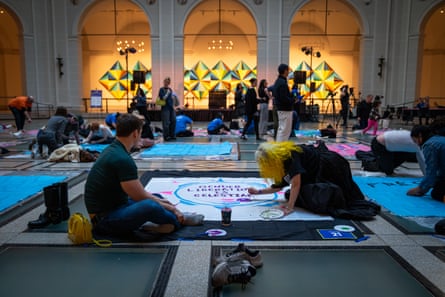
In spite of the potentially dangerous situation, Corlette is hoping that the trans community will be able to find joy as he publicly displays the completed quilt. “I want someone who is feeling heavy to walk into that space and see that across the United States there’s 9,000 sq ft of messages of love, hope, community and resistance,” Corlette said. “Joy is what I want to blanket that day.”
Lee Blinder, founding executive director of Trans Maryland, took part in helping create some of those messages that Corlette hopes trans people and their allies will see in DC. On 9 February this year, less than three weeks into the Trump administration, Blinder walked into a local queer bar to host more than 100 members of the trans community in creating squares for the quilt. According to Blinder, coming together to make the quilt instilled hope amid the onslaught against trans people that filled Trump’s first weeks in office. “People walked into that room feeling extraordinarily grateful to be there,” Blinder said. “There were these gorgeous multicolored sewing machines; there was so much thought and intention that went into the event. Multiple people came up to me and said, ‘We’re so grateful that y’all had this event. This is what I needed.’ It was really nice to be there and take time out of that impossible week.”
Blinder’s comments speak to the power of being in community, even when confronted by the profound threats to basic human rights and bodily autonomy posed by the Trump administration and Republican-led state governments. It is a power Blinder is quite familiar with, as for years they have led Trans Maryland in hosting weekly trans support groups and organizing a program in which trans people help each other with name and gender marker changes. “It’s trans people who have been through the process helping other community members,” they told me.
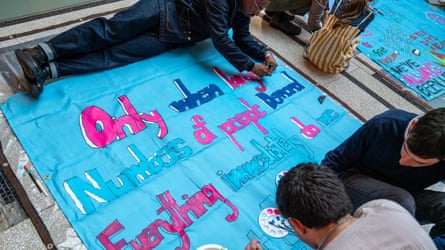
Blinder plans to be in DC for the unveiling of the Freedom to Be quilt, and they are extremely thrilled to be participating. “I’m really excited to see it all stitched together in person,” they said. “I saw all the quilt squares stacked there [in the bar] after everyone had made them – there’s this pool table in the space, and they’d lay them out there where we could see a little bit of the vision of how they would all come together.”
Blinder echoed many who have posed art as an important element in fighting back against the Trump administration and other anti-LGBTQ+ governments. In particular, they see the way that art can bring together communities, while also opening minds and hearts, as integral to pushing back against authoritarian political movements. “The process of creating art has been a longstanding element of resistance for the trans and queer community,” they said. “It’s a key component with the resistance against fascism – it’s played a key role in the past, and I think it will continue to play a significant role in the resistance as it is right now.”
According to Corlette, working with trans people at a particularly dangerous time for the community has been a powerful and often painful experience, as he has built personal relationships with individuals who have been harmed by repressive governmental policies. “Individuals who were storytellers in the first part of this campaign have had to pick up and leave their home states for fear of safety for their own bodies,” he said. “That’s what makes it so personal.”
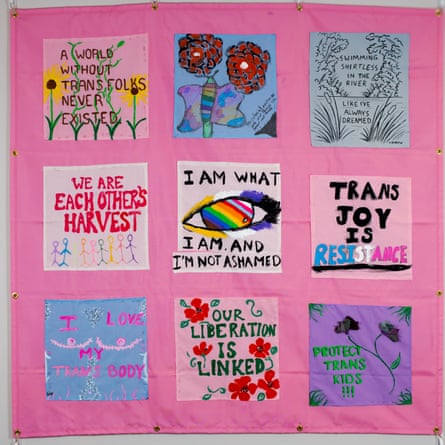
Corlette hopes that Freedom to Be will not just reach trans people and their allies but also connect with anyone who is feeling demoralized amid the authoritarian ambitions of the Trump administration. “No matter how daunting this fight is, hope has not been lost,” he said. “If the most marginalized community in the country is remaining in the fight, everyone else should be as well.”
Ultimately, Corlette sees Freedom to Be as continuing a legacy of transformative community action taken by the queer community in support of itself. For him, spreading stories and joy while giving the community ways to be together is what’s most important. “This monument is a direct descendant of the Aids memorial quilt,” he said. “We wanted to really be in the legacy of those who came before us, to use art and advocacy to not only memorialize but to create pockets of joy for communities to tell their stories and come together to celebrate their existence.”

 German (DE)
German (DE)  English (US)
English (US)  Spanish (ES)
Spanish (ES)  French (FR)
French (FR)  Hindi (IN)
Hindi (IN)  Italian (IT)
Italian (IT)  Russian (RU)
Russian (RU)  1 month ago
1 month ago





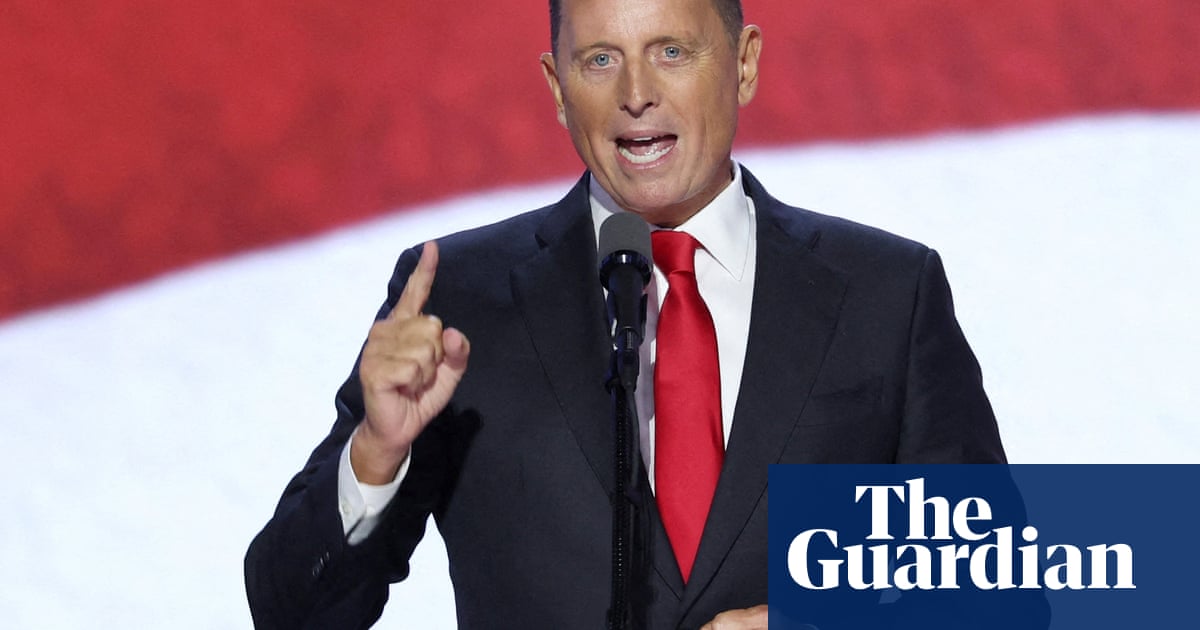
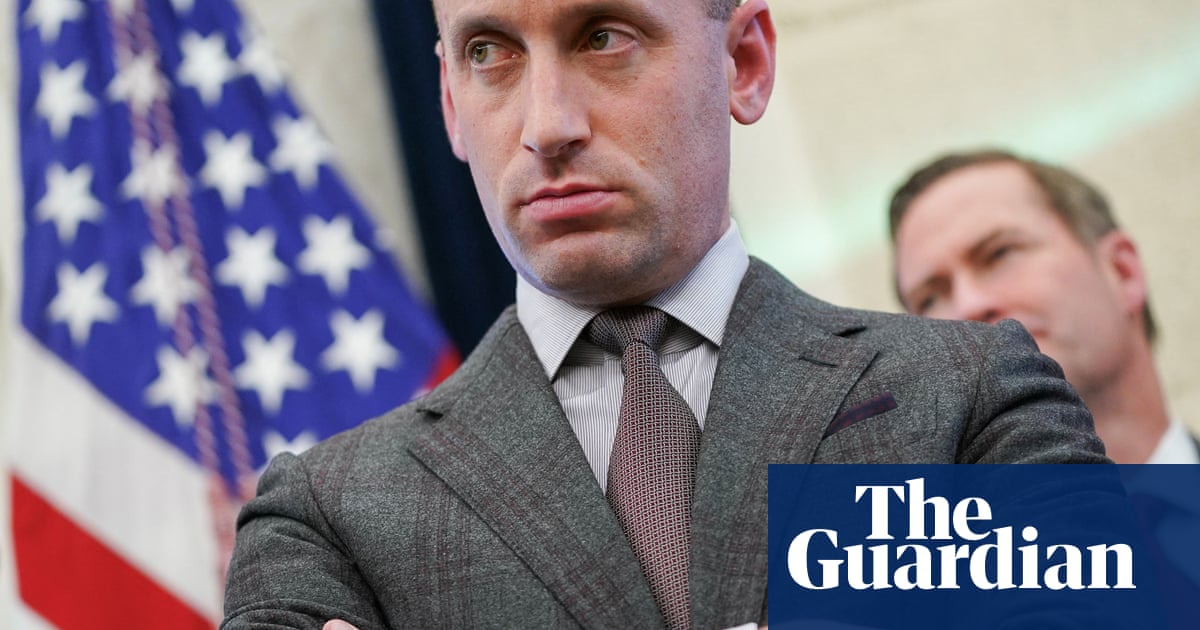




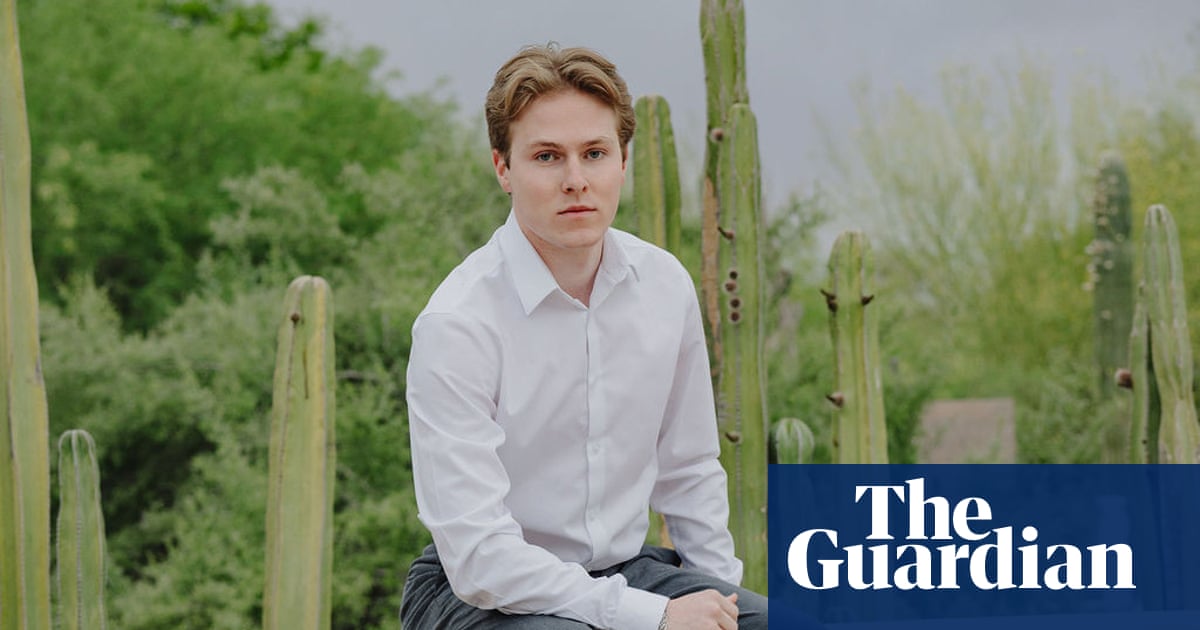
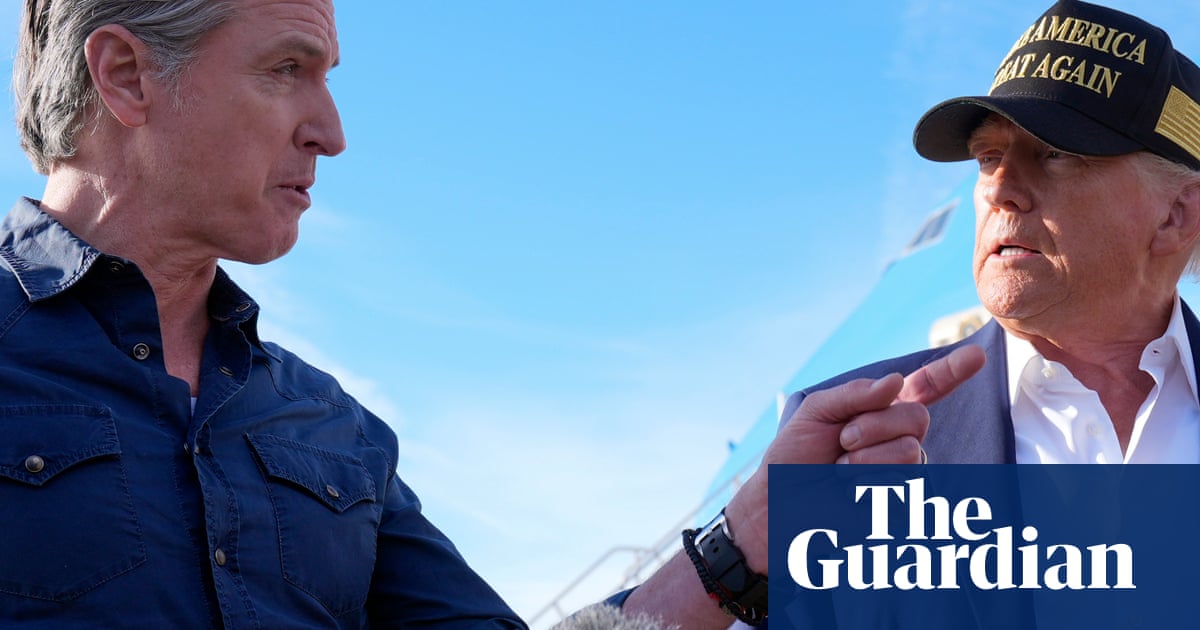

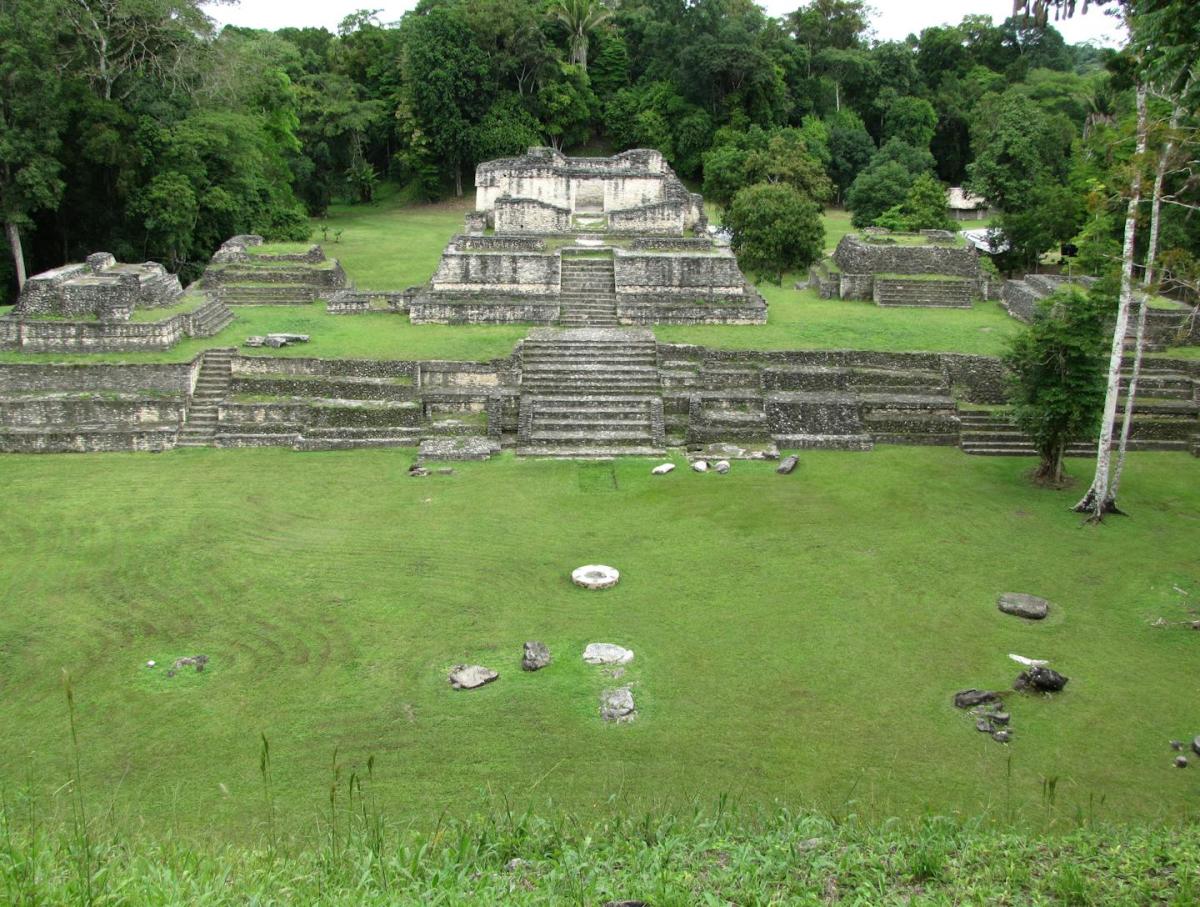









Comments